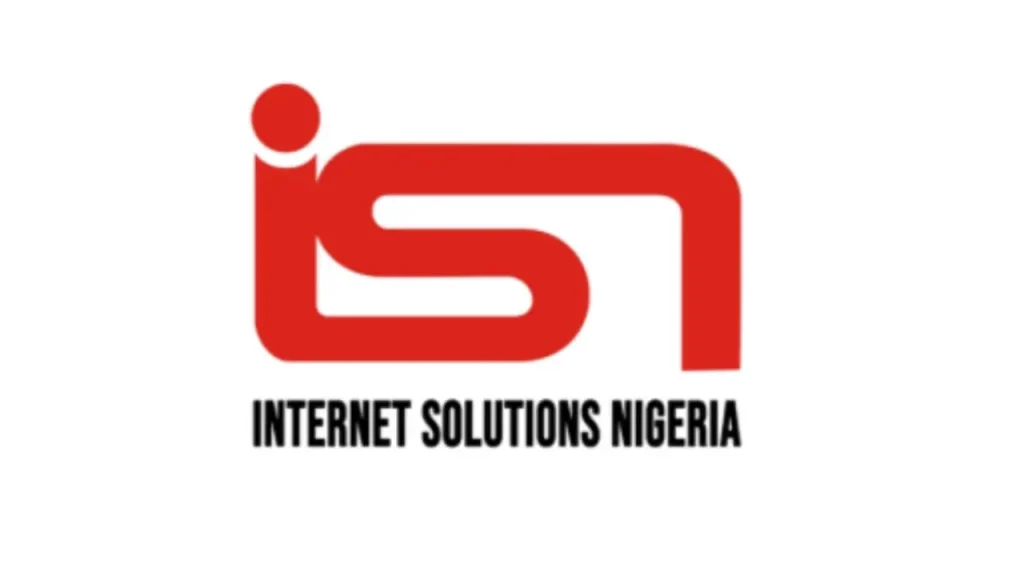• ISN offers systems integration, internet connectivity, hosting, email, and related IT services; it’s one of the established ISPs in Nigeria since the late 1990s.
• Nigeria’s broadband sector is growing but hampered by unreliable power supply, high costs for users and devices, and a sharp urban-rural digital divide; recent policy initiatives and technological innovations aim to mitigate these challenges.
ISN: Profile, Services and Position in the Industry
Internet Solutions Nigeria Limited (ISN) is a systems integrator and internet connectivity provider serving corporate, government, and private clients since its foundation in 1997. ISN’s product offerings include high-performance internet access, website design & development, social media management, SEO, hosting and email services. It has an outstanding track record as an outstanding supplier of integrated solutions for an extensive number of consumers, according to its LinkedIn profile. ISN encounters between 51 and 200 employees, as per to staff reviews on websites like Glassdoor, and this additionally provide the company’s culture, work/life balance, compensation, and career advancement moderate ratings. ISN works in a market that continues to be both promising and challenging in Nigeria’s wider ICT and broadband industries. With the arrival of 5G and greater investments in the fiber optic backbone, broadband subscriptions are growing. Nevertheless, penetration is still below national targets: Nigeria’s National Broadband Plan proposes 70% broadband penetration by 2025, but present information shows the rate is still below that percentage.The telecommunications regulator, the Nigerian Communications Commission (NCC), is at the centre of regulatory policy, licensing (including for 5G), and initiatives to support universal access.
Also Read: Synapxe: Powering Singapore’s public healthcare transformation
Also Read: BBIX Singapore: Building Asia’s interconnection future
Challenges, Innovations and ISN’s Role
ISN faces several industry-wide challenges which also affect its operations. First, Nigeria’s power supply is commonly insecure; ISPs are frequently forced to rely on backup power (generators, UPS systems), which drives up costs for operation and contributes to the burden of system maintenance. Second, affordability continues to be an ongoing issue because, in combination with consumers’ increasing communication costs, broadband-capable devices are frequently expensive in connection with incomes. This hinders adoption, in particular beyond big cities. Third, many rural or isolated regions do not have reliable wired or trustworthy broadband infrastructure, adding to the continuing urban-rural digital divide. Many creative solutions and policy interventions are being implemented throughout the sector to address these problems. With the goal to plug connectivity gaps and improve core network resilience, Project BRIDGE, a public-private partnership, seeks to lay down at least 90,000 km of broadband backbone infrastructure all over Nigeria. Another is the increased deployment of 5G services by major telecom operators, which if paired with dense fibre backhaul can significantly improve speeds and lower latency.

